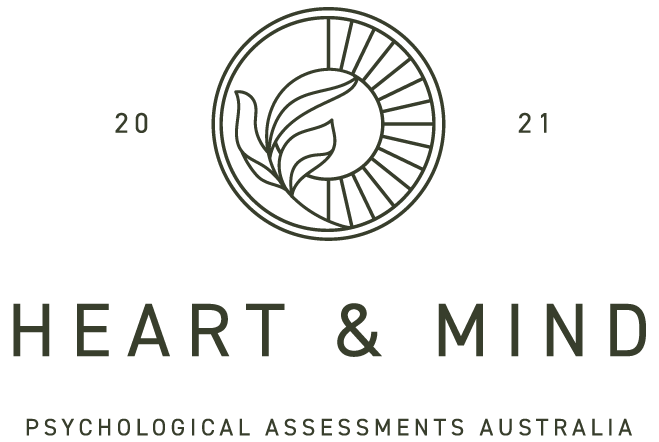Autism and the Holiday Season
As we approach the end of the year, it is important to acknowledge that the holiday season is often a stressful time for Autistic individuals. Although there are aspects of the holiday season that may be fun and rewarding, it can take some careful planning and problem solving to navigate changes to routine, and added social and sensory demands.
Every Autistic person will experience the holiday season differently. For some, this is a time to enjoy familiar traditions and rituals, sensory joy, and opportunities to connect with special interests. This might include:
· Comforting rituals and traditions, such as decorating, re-watching seasonal movies, and cooking family recipes.
· Satisfying visual input, such as twinkling lights, candles, and sparkles.
· Seasonal scents and special foods.
· Gift giving, such as selecting thoughtful gifts for loved ones, or receiving gifts related to special interests and hobbies.
· Soothing gift wrapping, and enjoying the satisfaction of a beautifully wrapped gift.
· Decorating, and keeping to a theme or colour-scheme.
· Time off from work and school to rest or enjoy special interests.
If you’re feeling stressed and exhausted during the holiday season, know that you are not alone. Traditions around the holiday season may not always align with your social, emotional, and sensory needs as an Autistic person. It is important to recognise and plan around some of the stressors that may be impacting how you cope during the holiday season. This might include:
· Changes to work and school routines (e.g., school transitions, different work hours, unfamiliar activities).
· Expectations to attend parties, gatherings, and family reunions.
· Strong smells, and pressure to try unfamiliar foods.
· Visual noise, such as bright colours and lights, decorations.
· Crowded and noisy shopping centers.
· Confusing rules and social expectations (e.g., cards, gift-giving, seasonal greetings).
· Coping with receiving gifts (e.g., regulating disappointment, expectations to express gratitude).
Recognising stressors around the holiday season is the first step to implementing changes and establishing new traditions that meet your unique needs as an Autistic person. Although it can be challenging to express needs and set boundaries that differ from others’ expectations, this may be the difference between a calm or overwhelming holiday season. This might include:
· Reducing the amount of time spent at parties and social events, declining invitations, or setting boundaries about the number of events you attend.
· Scheduling extra time to rest and recuperate, and to engage in restorative special interests and activities, especially after parties and social events.
· Bringing safe and familiar foods to eat at parties or social events, and declining unwanted food.
· Using sunglasses or noise-cancelling headphones to reduce unwanted sensory input, such as when shopping or attending social events.
· Ordering gifts online or using click-and-collect to reduce time spent in busy shops.
· Planning in advance to reduce last-minute stress (e.g., deciding outfits, planning travel routes, allowing extra time to get ready).
· Using visual aids to forewarn seasonal events and changes to routines, such as visual schedules or countdown calendars.
· Using lists and reminders to keep on top of plans and activities.
· Priortising rituals and routines that provide comfort and a sense of familiarity.
Planning and preparation are essential for navigating the holiday season as an Autistic person. Take some time to think about ways to enjoy the holiday season that work for you, recognising that this may differ from other people’s expectations of what is enjoyable.
Heart & Mind would like to thank you for another wonderful year, and we wish you a safe and restorative holiday season.
For more information, please feel free to submit an enquiry on our website, or contact us at hello@heartandmindpsychology.org.
